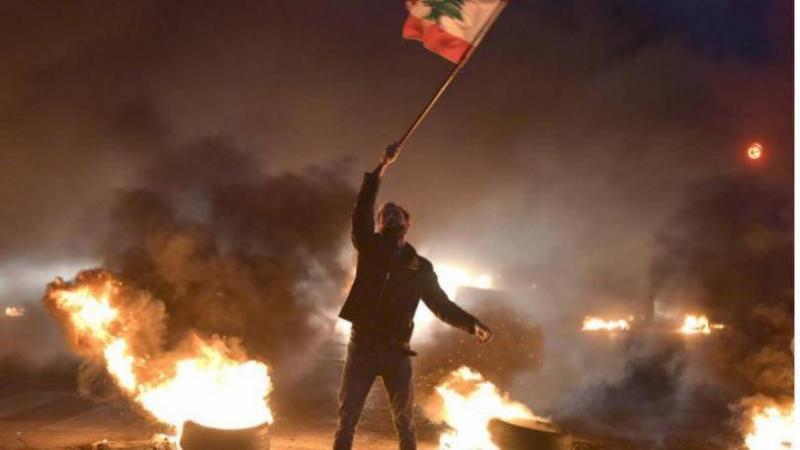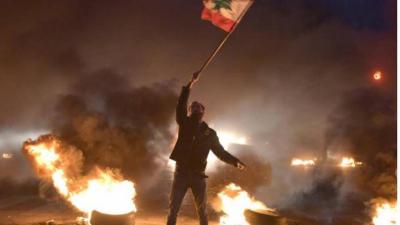It is essential to pause at some important points to understand the reality of what is happening in the Lebanese arena. The most crucial aspect is the obstruction on all levels, which will hinder the upcoming constitutional entitlements. Everyone is aware of the difficulty in reaching local agreements to avoid what could lead the country into a phase that is the most dangerous since October 17, 2019.
In principle, various indications suggest the challenge of reaching an agreement soon to fill the vacancy in the presidency at the end of President Michel Aoun's term, given the absence of regional and international signals pointing in this direction, alongside the existing local division. This suggests that all forces are preparing for a long phase of political conflict.
The vacancy has become synonymous with state paralysis and the ailment of the system, recurring with every constitutional entitlement and threatening the Lebanese entity. It has become an almost predetermined option regarding the presidential elections amid an escalation in positions and accusations to unprecedented levels.
Internationally, nuclear negotiations between Iran and the United States are not making serious progress but continue to stall amid varying political calculations and interests between the two sides, parallel to developments in Ukraine, China, and other regions. Additionally, the Gulf-Syrian rapprochement has once again faced a setback that delayed its public emergence and postponed its positive political implications in some countries in the region, notably Lebanon.
Maritime-wise, the upcoming visit of American negotiator Amos Hochstein to Beirut will be decisive. From this perspective, Hezbollah Secretary-General Sayyed Hassan Nasrallah has asked Lebanese citizens to prepare for all possibilities if Tel Aviv does not accept the Lebanese proposals brought to it by the American negotiator. Lessons from the recent war on Gaza have reached the party, and Israel appears unable to keep pace with the resistance factions in Palestine. Observers believe any confrontation between the party and the enemy could result in an unprecedented military setback for both sides if escalation occurs.
On the living front, the outlook is grim, reflecting a certain fate Lebanon is heading toward due to the absence of any government plan or official measures to curb the collapse. This situation is embodied in the depletion of Lebanon’s central bank reserves, which have reached $10 billion according to the latest budget published, down from over $30 billion at the start of the crisis. The central bank is moving towards increased austerity in support and intervention in the currency market, which signifies severe economic, social, and security repercussions for a country nearing complete collapse.




